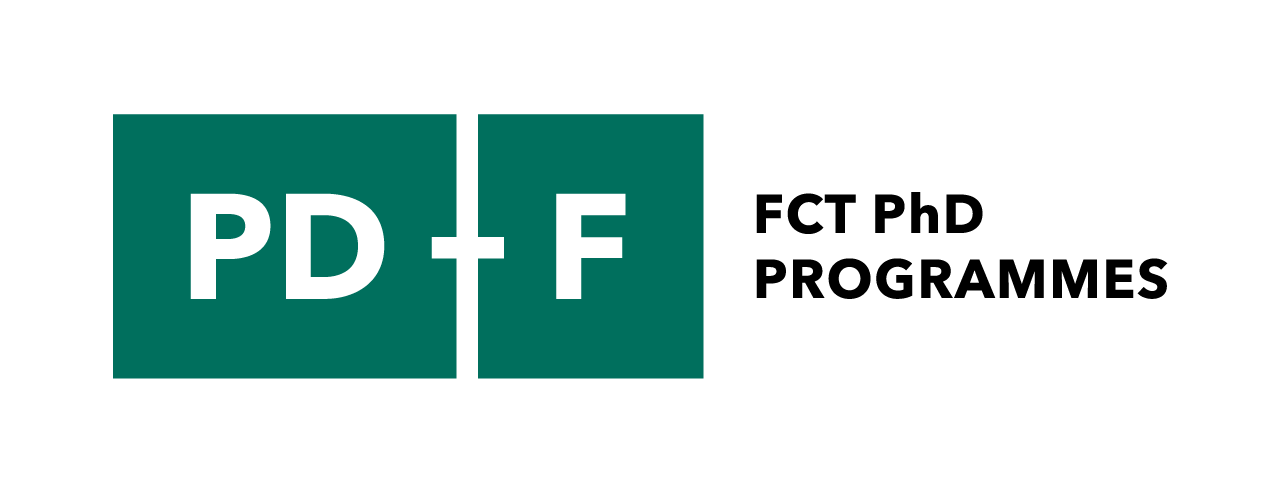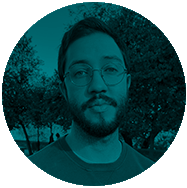Overview
COORDINATION: André Saramago and Paula Duarte Lopes
The Doctoral Programme in International Politics and Conflict Resolution focuses on the interdisciplinary study of international politics, and is oriented towards advanced competency training in reading contemporary international politics, with special emphasis on studying the dynamics of international strife, be it from the viewpoint of causes and signs of emerging conflicts, or from the viewpoint of theoretical and technical instruments for conflict resolution, thus endeavouring to combine the agendas of research in conflict studies and those of peace studies. The programme seeks to develop specialized knowledge of contemporary international conflicts, and an understanding of available tools for the post-cold war world.
The Doctoral Progamme in International Relations – International Politics and Conflict Resolution started in 2004-2005 and was accredited by the Agência para a Avaliação e Acreditação do Ensino Superior (A3ES) in 2020 for 6 years. The Programme is offered on a biennial basis, opening therefore a new edition every two years. The 2015/2016, 2017/18 and 2019/20 editions were funded by FCT.


The Programme aims to respond to the need for cadres and resources by providing the up-to-date and in-depth knowledge indispensable for an appropriate approach to the current world scenario, which is considerably more complex than that moulded by the Cold War. To this end, it is framed within a markedly interdisciplinary context, with deep conviction in the internationalisation of teaching. Further, this Doctoral Programme is integrated in the European network, Caspian, with leading universities in this area, in a proposal which represents innovation in Portuguese academic life and which sets out to confirm University of Coimbra as a pole of reference in the study and debate of International Relations.

The relevance of understanding global dynamics grows daily. This exceptional Ph.D. program, in a multidisciplinary research centre, with innovative research and a faculty of academic excellence, equips us to excel in Critical IR and Peace Studies, contributing to a more harmonious world.
Theo Ferreira, 2nd year (Brazil)

"This PhD is a benchmark within the critical approaches to IR and Peace Studies. Moreover, it has a feature that makes it exceptional: faculty and students are defined by multidisciplinarity, but, above all, by academic rigor, passion and respect, essential ingredients for a fruitful guidance."
Judith Jordà Frias, all but dissertation (Catalonia)

